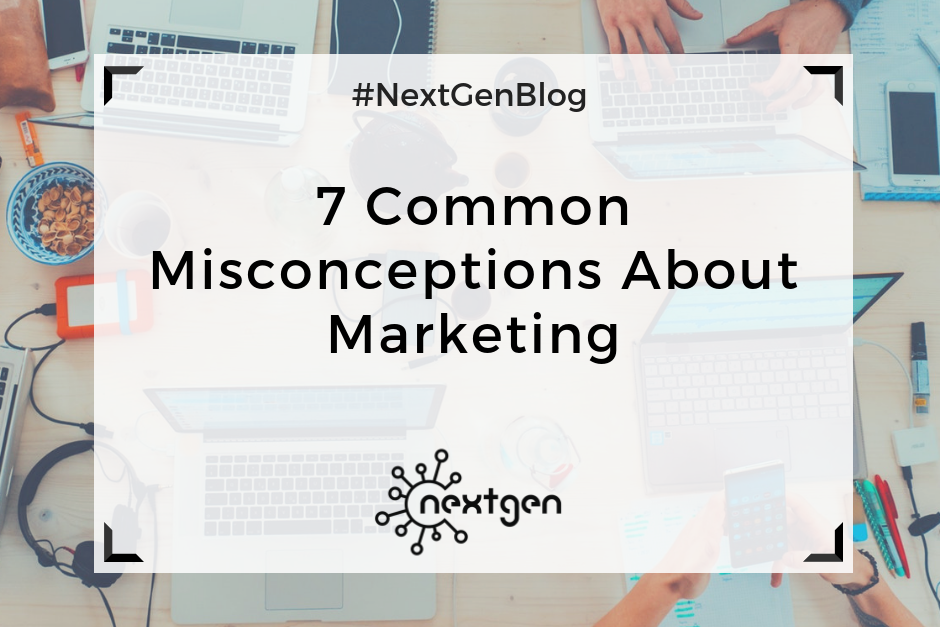
by Sofi | Jul 20, 2018 | Other
Do not underestimate the process of creating a unique brand name as there are over 24 million businesses in the US alone making it difficult to come up with an intriguing one. The steps below will guide you on choosing a brand name that will attract and appeal to your customers to make sure you are ahead of the competition.
#1 Knowing what constitutes a good brand name
Before you start brainstorming brand name ideas for your business, it is important to understand the qualities of typically successful brand names including:
– Suggestive: When consumers hear your brand-name, it should instantly evoke positive connotations and imagery. This is especially important for companies expanding into international markets as the selection of words in their brand names should not express negative meaning in other languages.
– Simple and Short: A brand name consisting of a single word can be memorable and impactful, whereas multiple words can confuse the consumer and be more difficult to pronounce.
– Unique and Memorable: Hearing your brand name for the first time should intrigue consumers and stick in their minds. However, it should also be distinctive enough so that a consumer’s attention is drawn to it when looking at other firms within the same industry.
#2 Researching the Market, Competitors and Consumers
This gives you time to fully understand the market and learn the brand names that competitors are using and identify their weaknesses to create a unique name which fills those gaps.
#3 Think about what your name represents
This is the most significant part of the process as your brand name should ideally provide some insight into the function of your brand and its goals. Since your brand name is an extension of your brand strategy, it is worth going over it. Brainstorming with some key words that you want associated with your brand may also be useful.
#4 The type of name that will be the best fit for your business
Understanding the different categories of brand names and their drawbacks may help you narrow down your list of names and identify which kind is best for your business. Some categories of brand names are:
– Descriptive: (Toys-R-Us, General Motors) These brand names are functional as they instantly convey the brand’s story; however, they are unremarkable and leave little room for interpretation from customers. Thus, they may not be the best option for start-up businesses trying to establish themselves..
– Evocative: (Nike, Amazon) These are compelling differentiators from other brands as they evoke a vivid image and employ suggestion to customers however, companies with these names find it challenging to achieve external alignment with customers.
-Founder: (Ralph Lauren, Ben and Jerrys) These names are easy to trademark, but businesses must be ready to employ more money into marketing efforts to make them stand out. Thus, if your business has a small marketing budget, a founder brand name is not recommended.
#5 Trademark and Domain name availability search
Conducting this search is necessary as it ensures that you find available domain names and pick a name that no one else already owns. Once you have chosen your brand name do not forget to protect it by trademarking it. This makes sure that future competitors cannot use it.
Although having a great brand name can draw customers to your business, do not get too caught up in it because at the end of the day your product is what will make them stay.

by Sofi | Jul 13, 2018 | Other
A lot of businesses struggle with marketing, which is often due to the fact that they don’t correctly understand how marketing works. Maybe your business is not an exception. But having a wrong approach to marketing might cost you a lot: it might lead to customer loss, decreased sales, financial loss, etc.
To help you avoid all that, here’s a list of 7 common misconceptions about marketing you should be aware of:
#1 Marketing is just advertising
This is one of the most common beliefs people have about marketing, and it’s completely wrong. Although advertising is a significant part of marketing, they are not the same thing. Advertising is a form of marketing communication, while marketing is a concept covering a wide range of activities. Market research, product development, pricing, distribution, coming up with marketing strategies, creating marketing plans, and other similar activities are all part of marketing.
#2 Small businesses don’t need marketing
People who own small businesses often consider marketing irrelevant for their success. This is the wrong mindset because marketing is essential for the success of any type of business. If, for example, you’re a small business owner who needs to increase brand awareness and customer base–you can’t do it without marketing. Additionally, marketing your products and services will help you increase sales, which will lead to increase in your profits as well.
#3 You can’t invest in marketing if your business is on a tight budget
Although having a small budget will limit how much you can invest in marketing activities, this doesn’t mean you shouldn’t invest at all. Furthermore, not all types of marketing require financial investment. You can always take advantage of free and low-cost marketing options such as social media, email marketing, or telemarketing. At the end of the day, your budget should never stop you from marketing your business.
#4 If you need to make budget-cuts, cut the marketing budget first
When business owners make budget cuts, they first think of the marketing sector because they consider it least important. This is not a clever strategy since good marketing can only increase your earnings and therefore your budget, while total absence of marketing might lead to an even bigger budget loss.
#5 Social media is not a relevant marketing tool
On the contrary, social media has become one of the most important modern marketing tools, and social media marketing is on the rise. Nowadays everybody is on social media, from youngsters to elders. And any successful, famous brand and business owns a social media page. This is because social media is inexpensive, easy to use, great for building brand awareness and engaging with your customers.
#6 You only need to market to new customers
Once you’ve acquired some customers, don’t make the mistake of thinking they’re bound to stay forever. If you never market to your current customers, they might lose interest in your products and services and find whatever they need elsewhere. Obviously, it’s very important to market your business to new people and continuously increase your customer base as well–but don’t direct all your marketing efforts towards that goal.
#7 Traditional marketing is dead
Many modern marketers and business owners now think that traditional marketing is obsolete, and digital marketing is the only type of marketing that gives positive results. Although it’s true that digital marketing works great, that doesn’t mean you should completely erase traditional marketing from the picture. Depending on your goal and budget, traditional marketing can often be the best option for your business. Word of mouth marketing, TV, and radio, for example, are still one of the most effective forms of marketing available, and they’re not going away soon.



